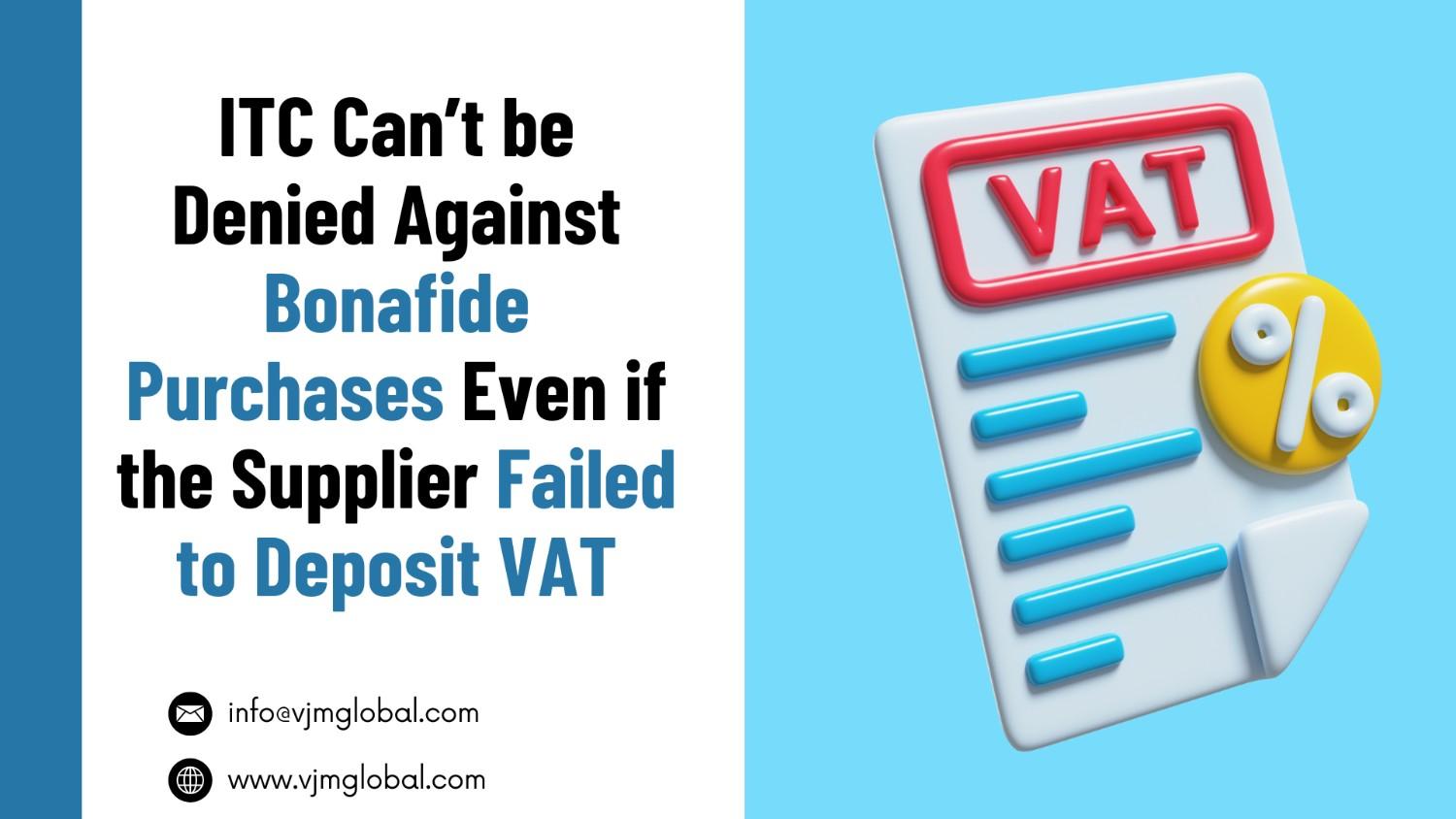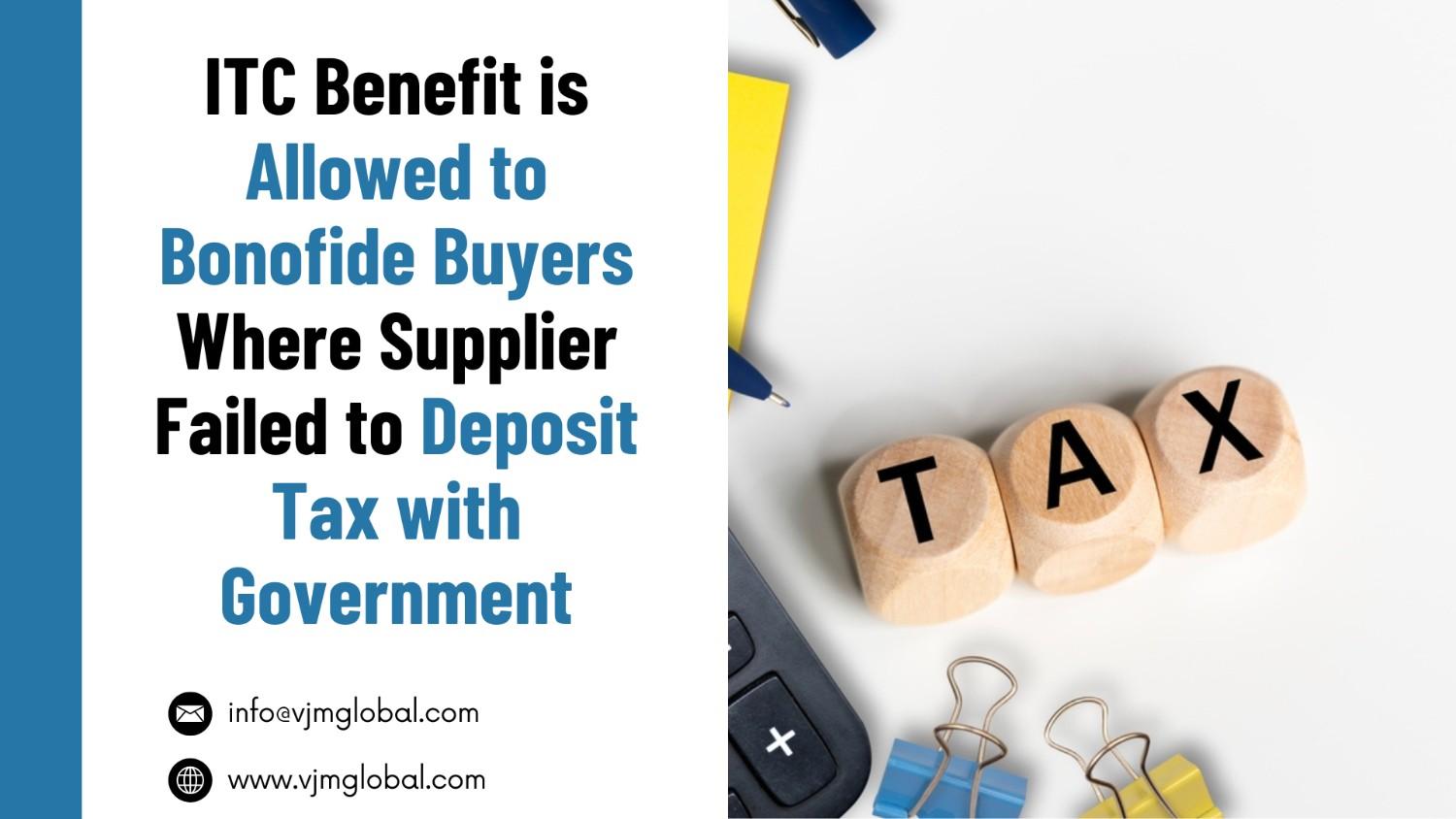With effect from 1st January, 2021, new scheme of Remission of Duties and Taxes on Exported Products (“RoDTEP”) was introduced under Foreign Trade Policy (“FTP”) replacing the earlier benefit of MEIS (Merchandise Export from India Scheme) and SEIS (Service export from India Scheme).
RoDTEP scheme was introduced to provide refunds to exporters of all duties and taxes incurred with respect to exported goods such as GST, Custom Duty, Mandi taxes etc. Refunds were proposed to be provided in form scripts.
RoDTEP was made effective from 1st January, 2021, i.e., the exporter who intended to claim the benefit of the RoDTEP Scheme could make the necessary declaration in Shipping Bills with effect from 01.01.2021. However, detailed guidelines and rates of benefit were not prescribed.
Objective of Introduction, Features, Benefits and procedure of RoDTEP scheme.
Vide Notification No. 19/2015-2020 dated 17th August, 2021, Ministry of Commerce & Industry provided detailed guidelines of RoDTEP scheme and made necessary modifications in Foreign Trade Policy 2015-2020 with immediate effect.
Detailed guidelines of RoDTEP scheme is discussed below:
1. Objective of RoDTEP Scheme
Objective of RoDTEP scheme is to provide refund of following taxes, which are currently unrefunded:
- Duties/Taxes/levies at central, state or local level on exported products. It also includes prior stage cumulative indirect taxes on goods or services used in production of exported goods; and
- Indirect taxes/levies /duties with respect to distribution of exported products.
2. Operating principles of RoDTEP Scheme
- No rebate under such scheme shall be granted with respect to duties and taxes which are already exempted or remitted or credited.
- Ceiling rates under the RoDTEP scheme shall be determined by a committee in the department of Revenue/Drawback Division with representatives from the Department of Commerce, DGFT, lines ministries and experts.
- Rates shall be determined as per sectors prioritized by the Department of Commerce and Department of Revenue.
- Overall budget/outlay of RoDTEP scheme shall be determined by the Department of Commerce in consultation with the Department of Revenue.
- Scheme shall operate in a budgetary framework for each financial year and necessary modifications will be made to the scheme as and when required. Remissions under the RoDTEP scheme during a year shall be made within the approved budget of the scheme.
- Department of Commerce shall decide following points related to such scheme in consultation with Department of Revenue:
- Sequence of introduction of scheme across sectors;
- Prioritization of sectors
- Degree of benefits to be given to different products
3. Manner of granting benefits under RoDTEP Scheme
- Rebate under the scheme shall be granted to eligible exporters in either of the following 2 methods:
- Rebate at a notified rate as a % of FOB Value of the exported product. However, rebate shall be subject to value cap per unit wherever required. % of rebate is notified as per 8 Digit HSN Code.
- For certain items, Rebate will be granted a fixed quantum notified per unit.
- Rate of Rebate under RoDTEP scheme shall be reviewed on an annual basis and any change in rate will be notified well in advance before commencement of the Financial year.
- All safeguards applicable under Duty Drawback Scheme, IGST and other GST Refunds related to exports will remain applicable under RoDTEP Scheme as well.
- In case of non-realisation of foreign exchange and suspension/withholding of RoDTEP scheme due to fraud and misuse, necessary provisions will be built by CBIC to recover rebate amount along with imposition of penalty.
4. Rebate under RoDTEP shall be granted subject to receipt of sales proceeds
- Rebate shall be granted subject to receipt of sales proceeds within the time allowed under Foreign Exchange Management Act, 1999. As per Foreign Exchange Management (Export of Goods & Services) Regulations, 2015, full value of export of goods should be released and repatriated to India within 9 months from the date of export.
- If sales proceeds are not received within the time limit given under FEMA then the rebate shall be deemed to never have been allowed.
- At the time of granting rebate, it shall not depend upon realisation of export proceeds. However, adequate safeguards will be taken to prevent any misuse of rebate amount on account of non-realisation and for other systematic improvement.
5. Rebates shall be granted in the form of transferable duty credit
- Rebates shall be granted in the form of transferable duty credit/electronic Scripts (e-scripts) through end-to-end digitization process.
- Scripts shall be maintained in an Electronic Credit Ledger by the Central Board of Indirect Taxes and Customs (“CBIC”).
- With a view to enable end to end digitisation on an IT enabled platform, following issues shall be notified by CBIC:
- Necessary rules and procedure regarding grant of RoDTEP claim under the scheme;
- Implementation issues including manner of application;
- Time period for application;
- Other matters such as export realisation, export documentation, sampling procedure, record keeping etc.
- Scheme shall take effect for exports made from 1st January, 2021 subject to necessary adoption of scheme in Shipping bills. However, for certain category of exports, implementation date will be decided later on.
6. Items/Categories/Supplies not eligible for benefits under RoDTEP Scheme:
Department of commerce has specified following nature of transactions or class of items for which no benefit shall be granted under RoDTEP Scheme:
- Export of Imported goods covered under Para 2.46 of Foreign Trade Policy (“FTP”). Para 2.46 of FTP provides for import of goods which are in turn further exported either in same form or substantially the same form.
- Export through trans-shipment, i.e., exports which originate in a third country but trans-shipped through India. General meaning of transhipment is taking shipment of goods to an intermediate designation then to another designation. This generally happens in case of change of containers, small shipments may be combined in one container etc.
- Export products which are subject to minimum export price or export duty.
- Products which are restricted for export under Schedule-2 of the Export Policy of ITC (HS) such as horses, bulls, cows and many others. Export of restricted items is allowed subject to necessary approvals.
- Products which are prohibited for export under Schedule-2 of the Export Policy of ITC (HS) such as Birds: -- Birds of prey, Carcasses and halfcarcasses and many others. Export of prohibited items is not permitted.
- Deemed Export, i.e., Export to 100% EOU etc.
- Supplies of products manufactured by DTA units to Special Economic Zones (SEZ)/FTWZ units.
- Products manufactured in EHTP and BTA.
- Products manufactured partly or wholly in a warehouse under section 65 of Custom Act, 1962.
- Products manufactured and exported in an obligation against advance authorisation or Duty Free Import Authorisation or Special Advance Authorisation issued under a Duty exemption scheme of relevant Foreign Trade Policy.
- Products manufactured or exported by units having licence as 100% EOU.
- Products manufactured or exported by any unit situated in Free Trade zones or Export processing zones or SEZ.
- Products manufactured or exported availing benefit of N/No. 32/1997 of Customs dated 1st April, 1997.
- Exports for which electronic documentation in IECGATE EDI has not been generated/Export from non-EDI port.
- Goods which have been taken into use after manufacturing.
However, above mentioned categories may be amended to include or exclude on a later date.
7. Important points under RoDTEP
- Scripts granted under this scheme shall be utilised only for payment of Basic Custom Duty leviable under 1st Schedule of Custom Tariff Act, 1975..
- For the purpose of audit and verification, the exporter shall keep all necessary records to substantiate his claim made under the scheme.
- An audit mechanism with IT based Risk Management System (“RMS”) will be implemented by CBIC.
- Department of revenue shall physically verify the records of the exporters on sample basis.
- Cases for sample verification shall be selected through RMS based on risk and other relevant parameters.
- For a broad level monitoring, an output outcome framework will be maintained and monitored at regular interval.
8. Rates under RoDTEP Scheme
Rate of Rebates under RoDTEP Scheme are also notified under APPENDIX 4 R - Notified on 17.08.2021 under Notification No 19/2015-20.











%20Scheme.webp)

